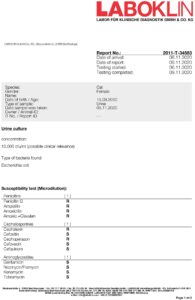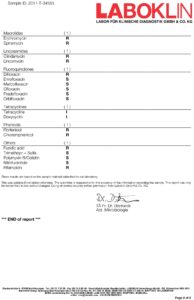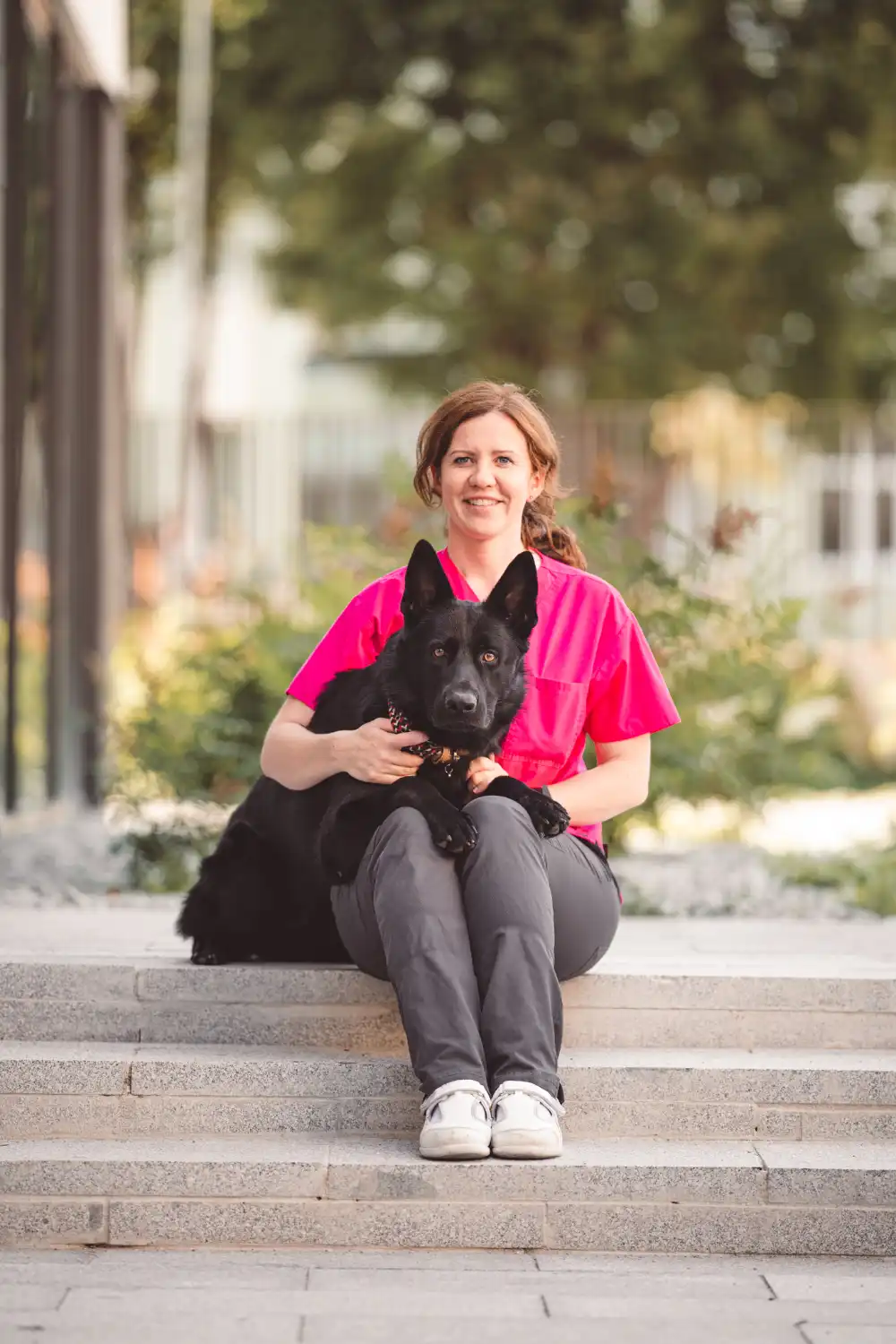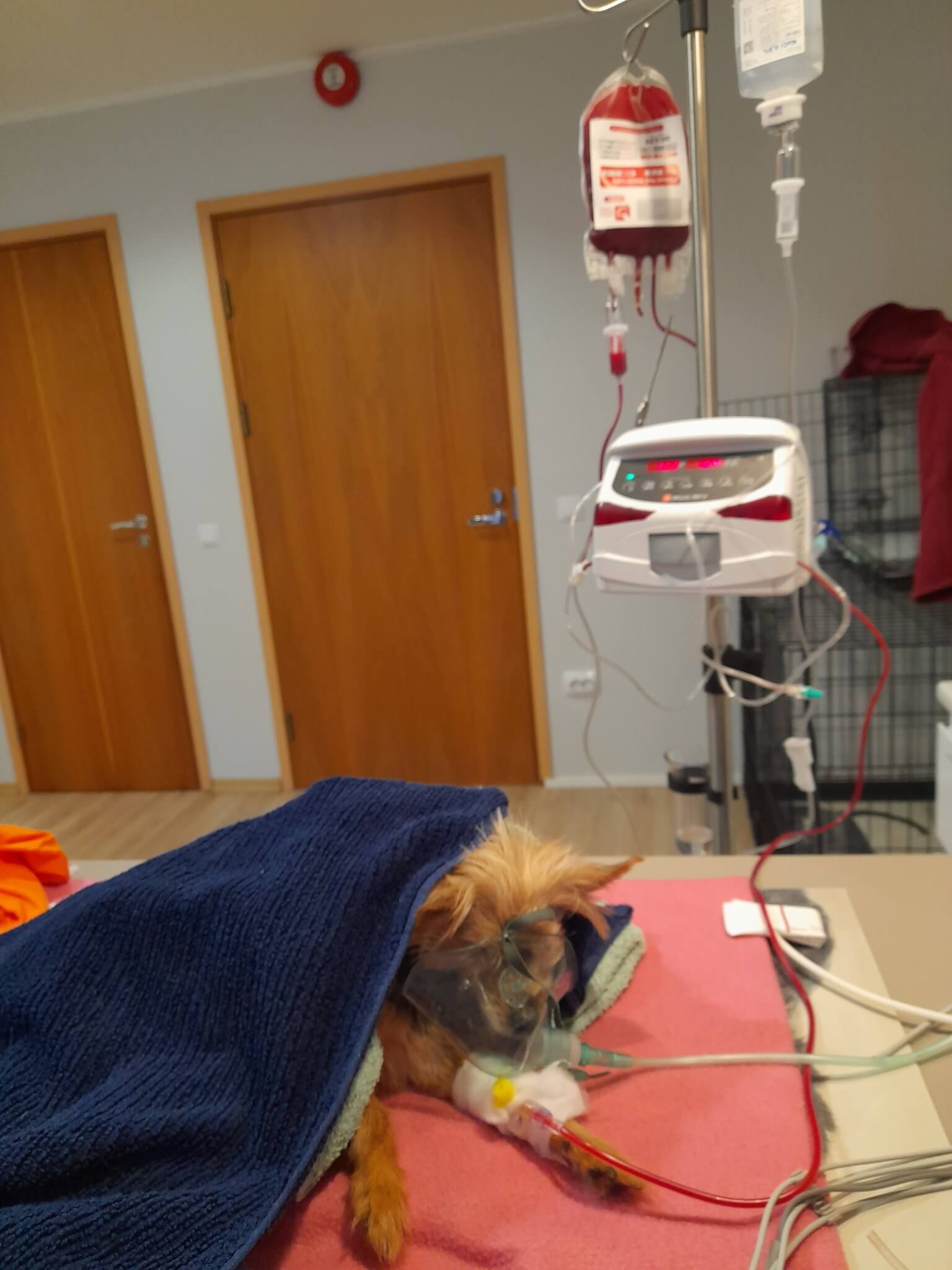Bladder inflammation in cats can be caused by various things: bacteria, crystals, stones, tumours and stress.
How can you tell if you might have cystitis?
- Urination outside the sandbox
- Strained and frequent urination (the cat may squawk in pain when urinating).
- Presence of blood in urine
How to diagnose?
- It is necessary to take a urine analysis. Preferably under ultrasound control directly from the bladder.
In this case, you get the most accurate and cleanest sample. If the microscopy shows bacteria in the urine, it is advisable to perform bacterial seeding so that antibacterial treatment is against the specific bacteria. - X-rays to rule out urinary stones in the kidneys, ureters, bladder and urethra.
- Blood analysis (biochemistry and haematology).
How to treat?
Your doctor will prescribe treatment based on the results of the tests.
It is important to avoid stress for the cat. Pheromones for cats or special essential oils based on palderjani can be used to make them feel more comfortable.
Influenza is painful for cats. That is why pain treatment is very important. Pain medication is prescribed by your vet.
Special diets have their place in the treatment of bladder infections, but be sure to listen to your vet’s advice before doing so. There are different types of food and not all of them may be right for your cat.
Give the cat peace and space. Clean his toilet frequently. Closeness and sociality are good if your cat needs it.
NB!
If you notice that your cat is unable to urinate during the day, which is indicated by constant restless visits to the toilet and squawking. In this case, see a vet immediately.
We include interesting footage of what happens when bacterial seeding is not done and treatment is empirical.
In this case, E. coli, which is resistant to most antibiotics, grew in the urine. It is very difficult to treat bladder infections in such a cat.
This is also the reason why doctors cannot prescribe antibacterial treatment lightly.







